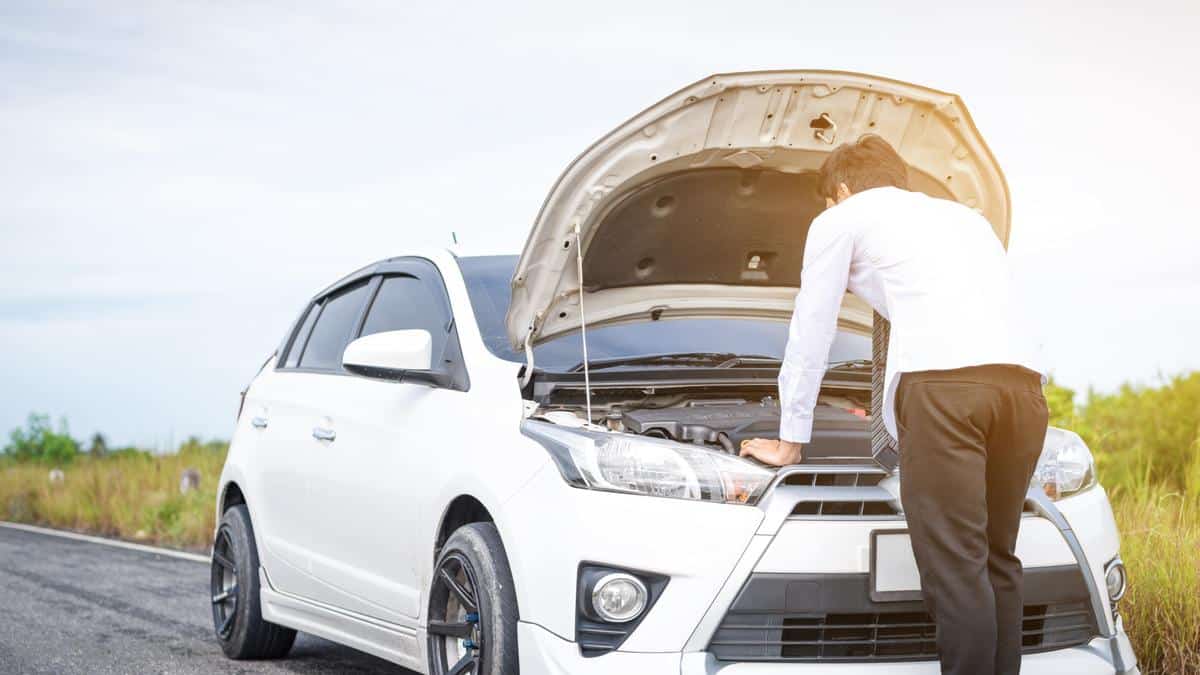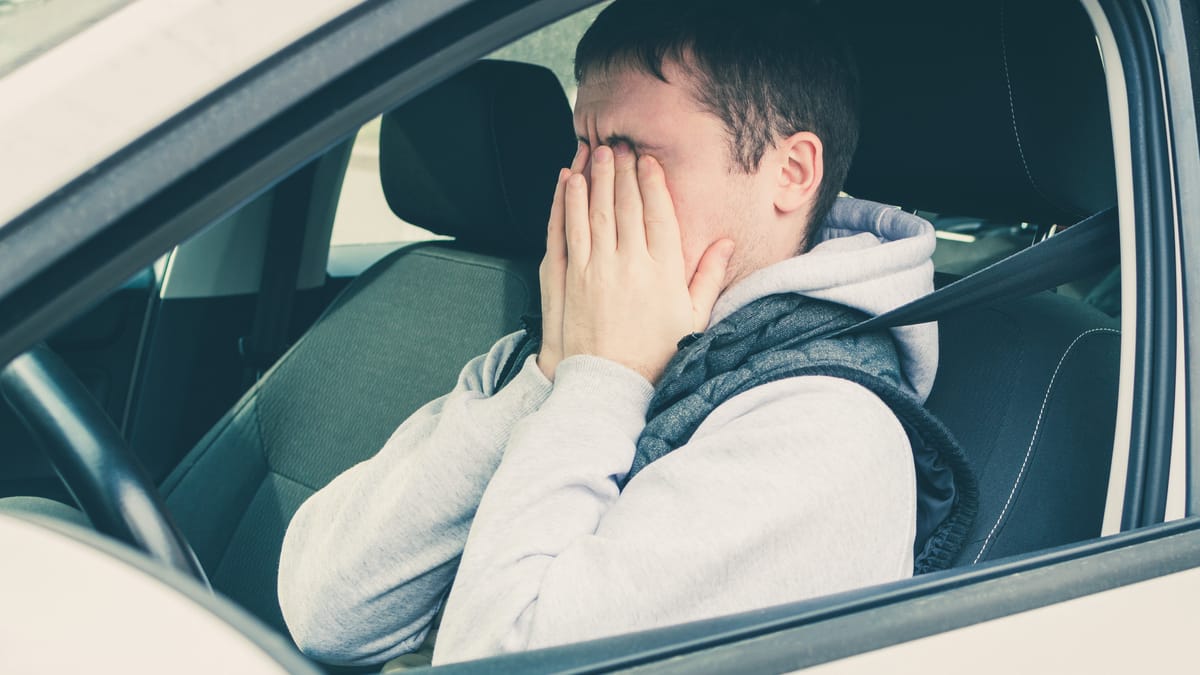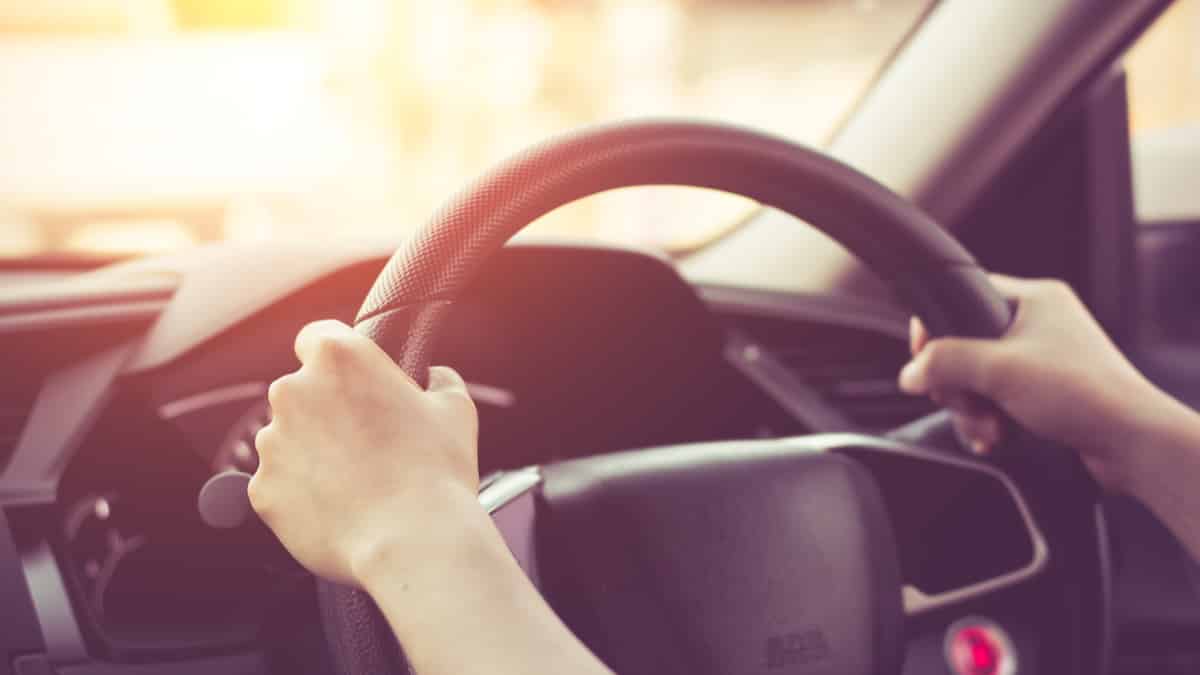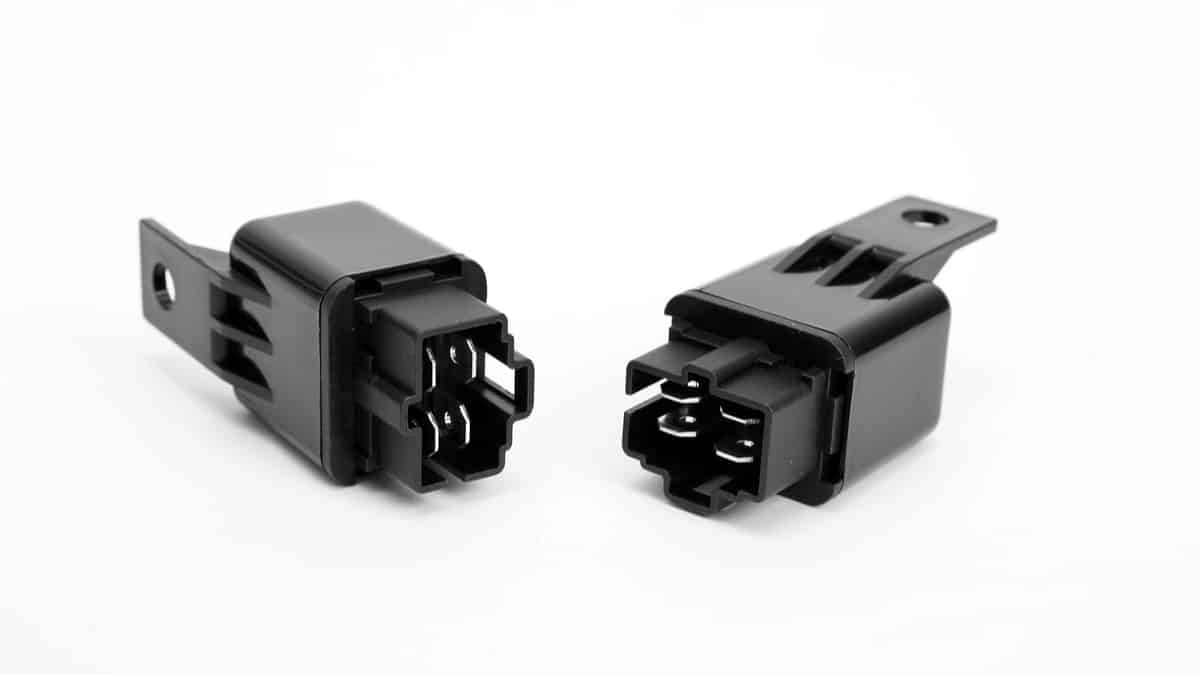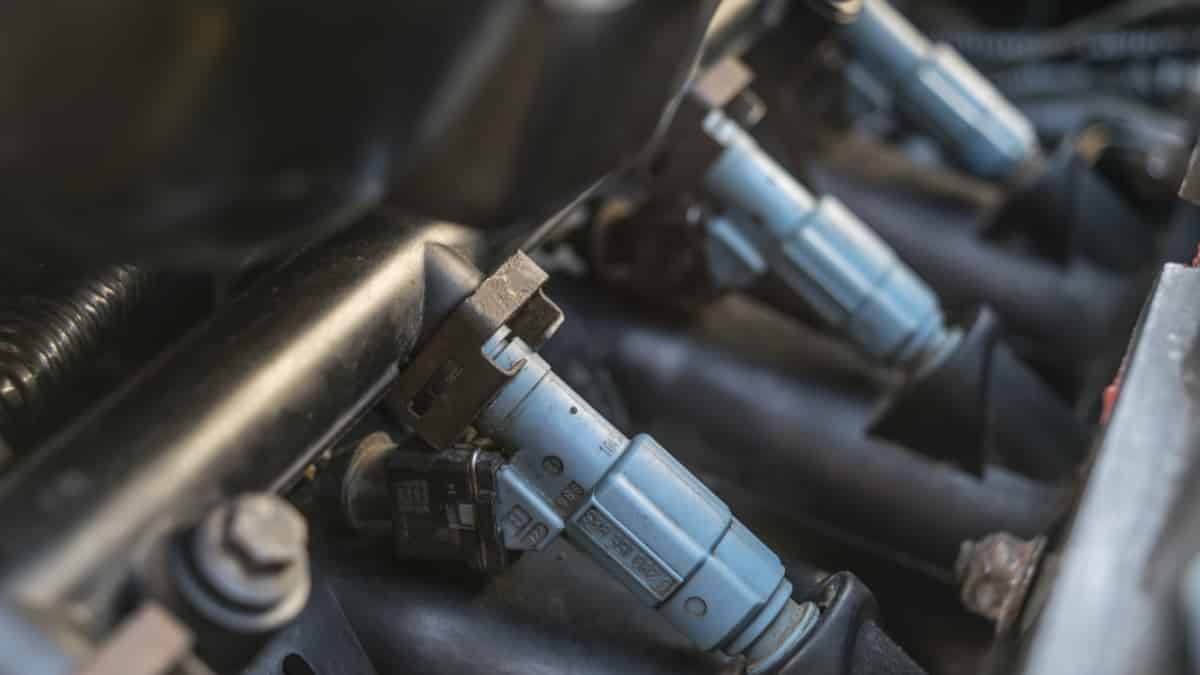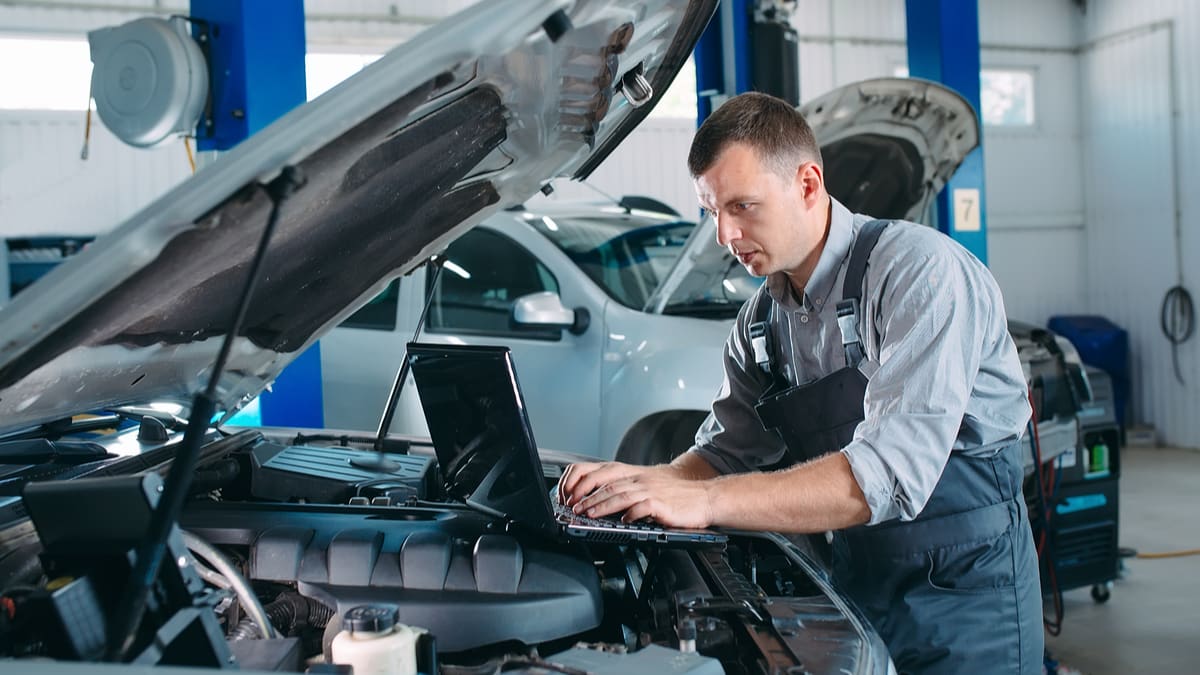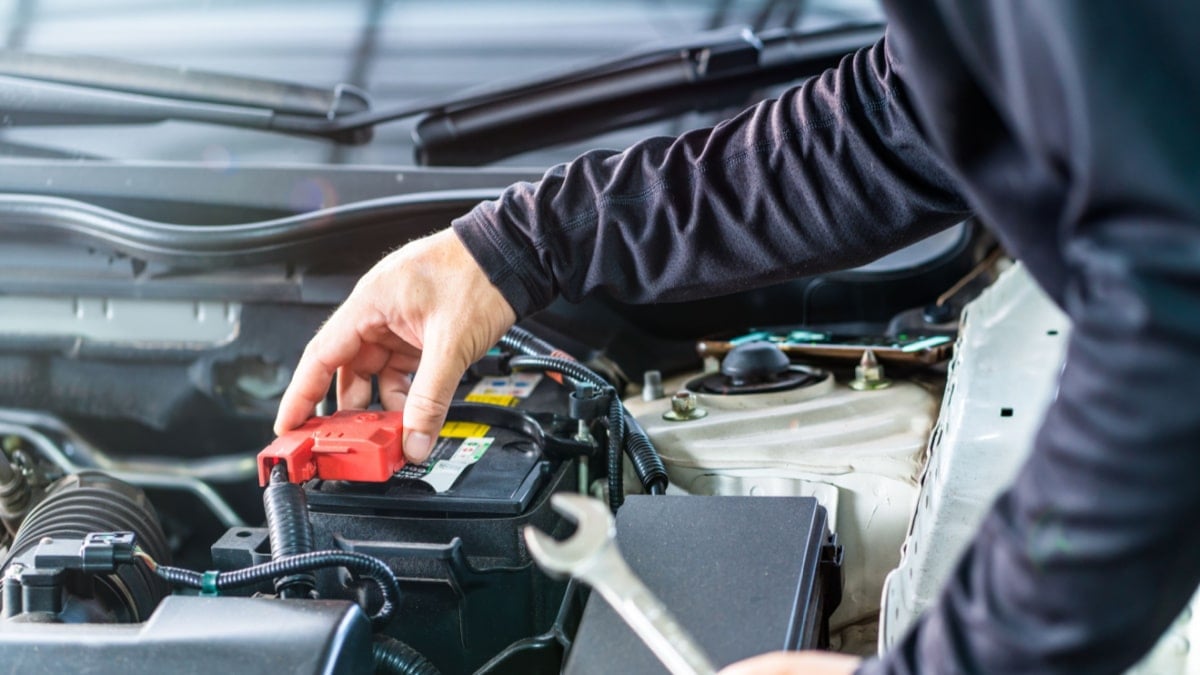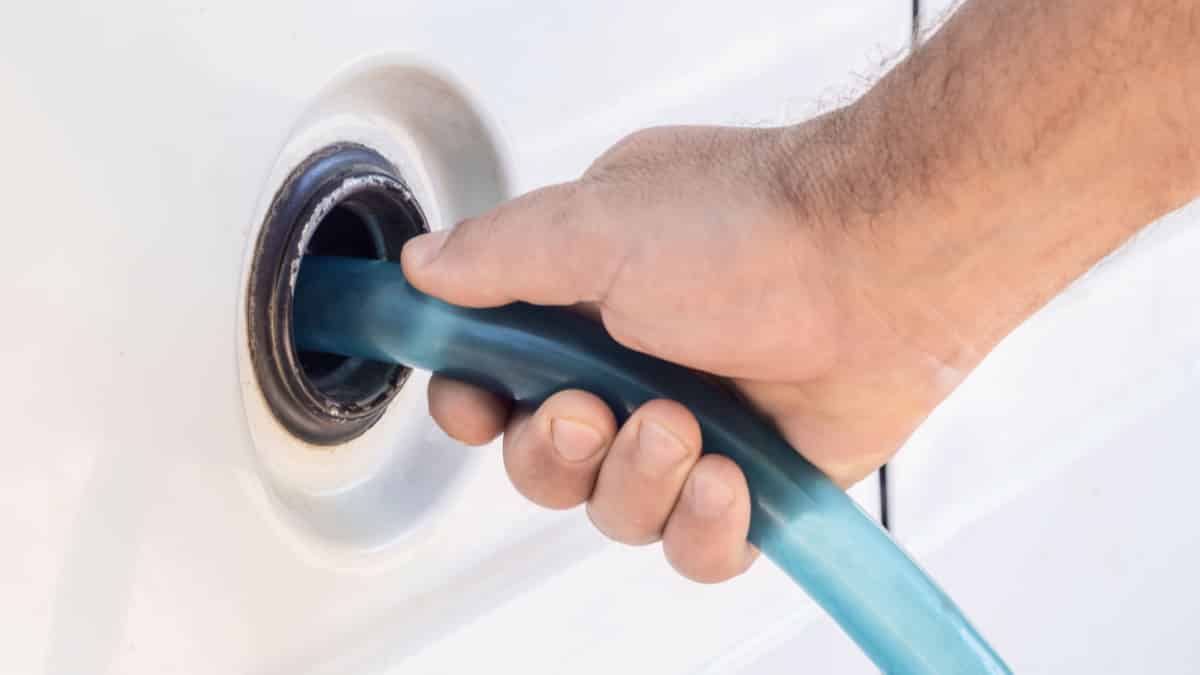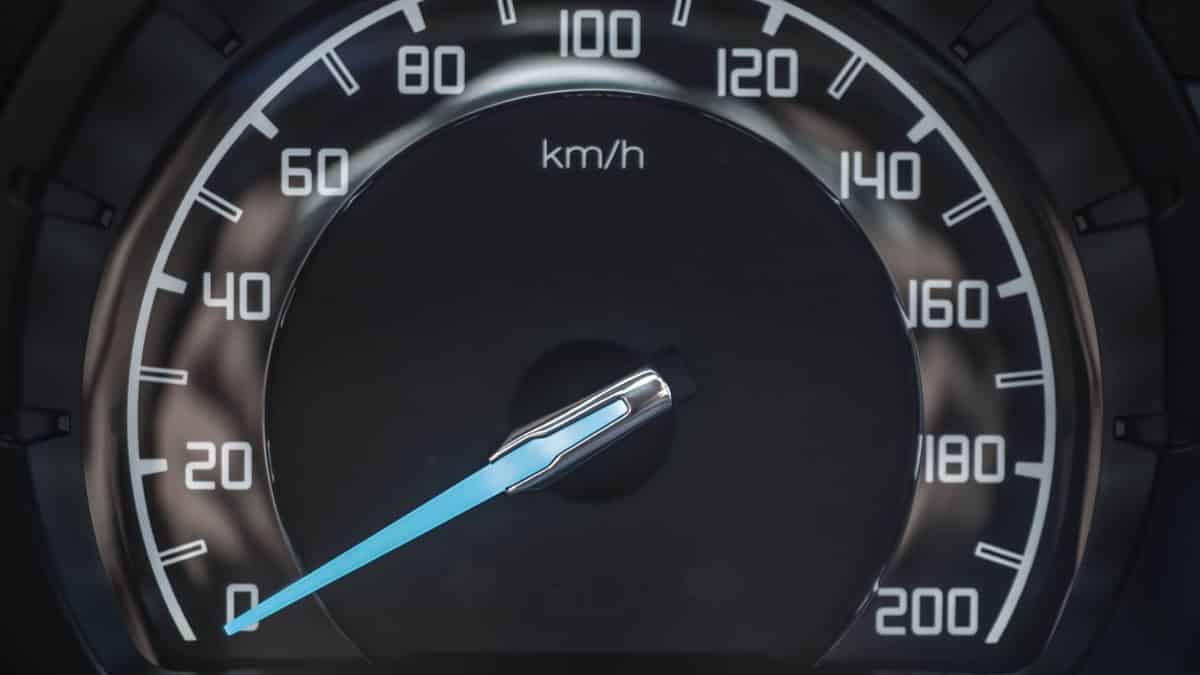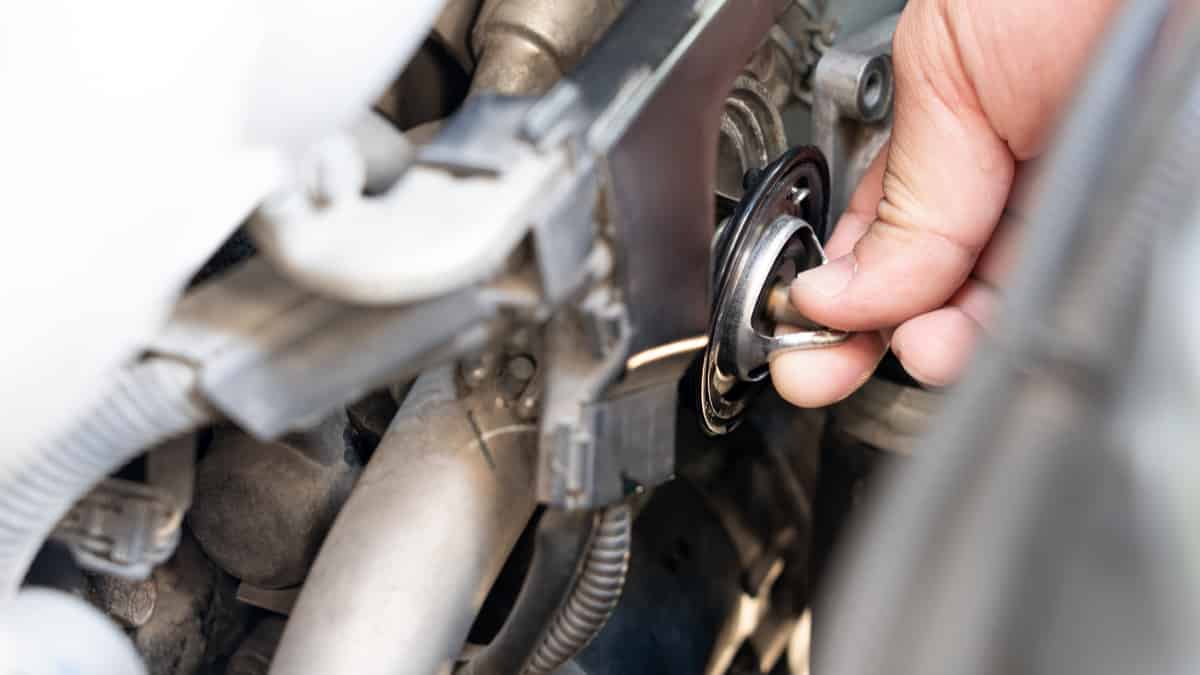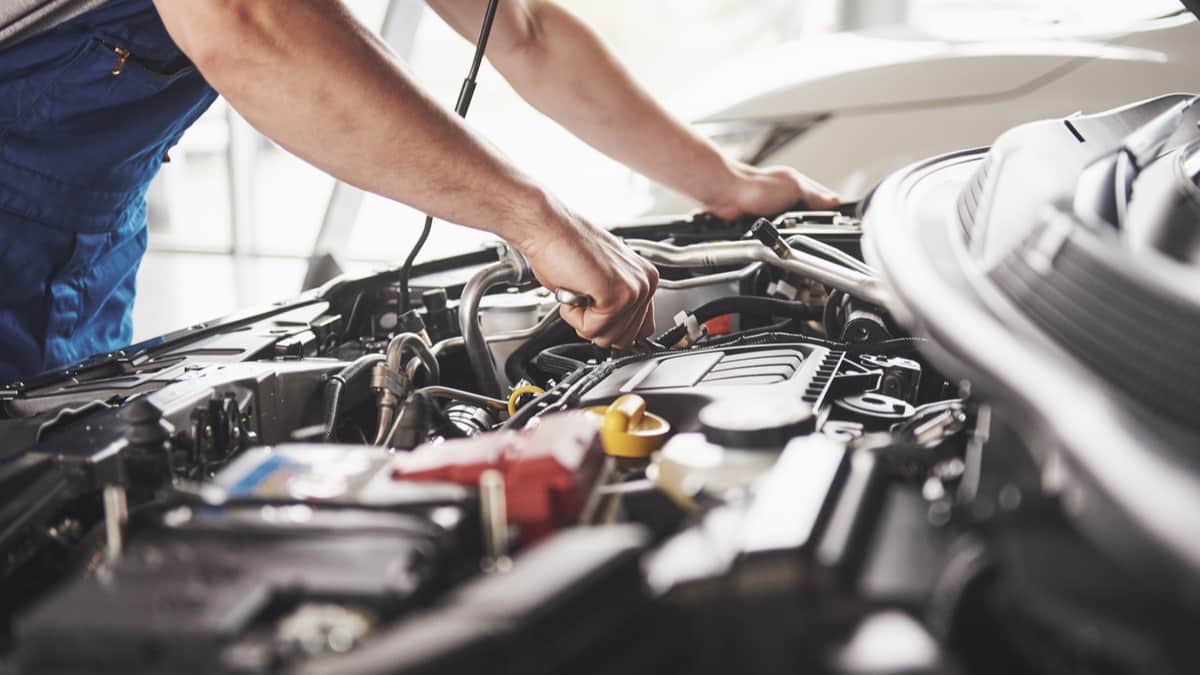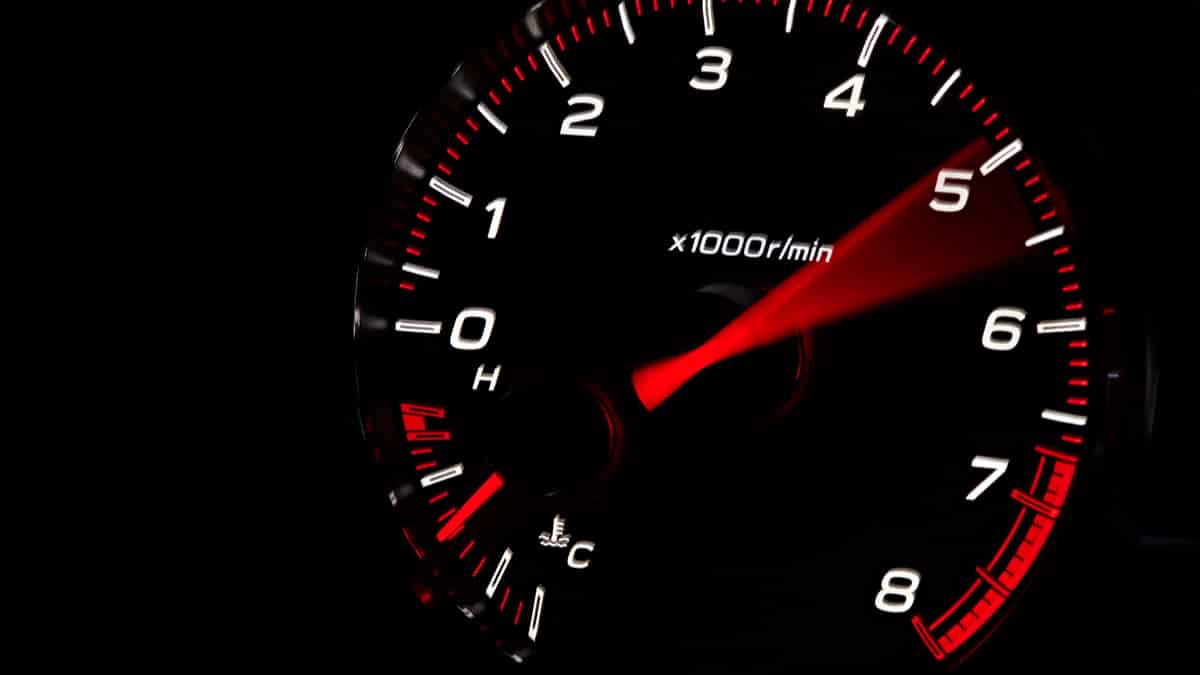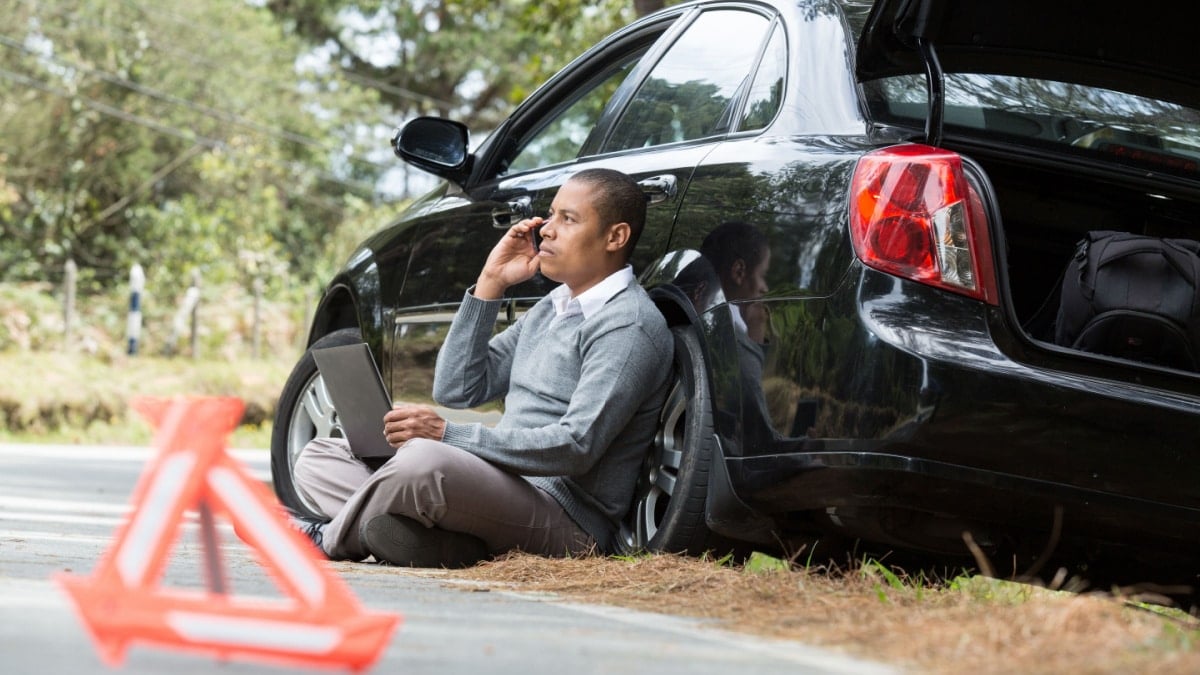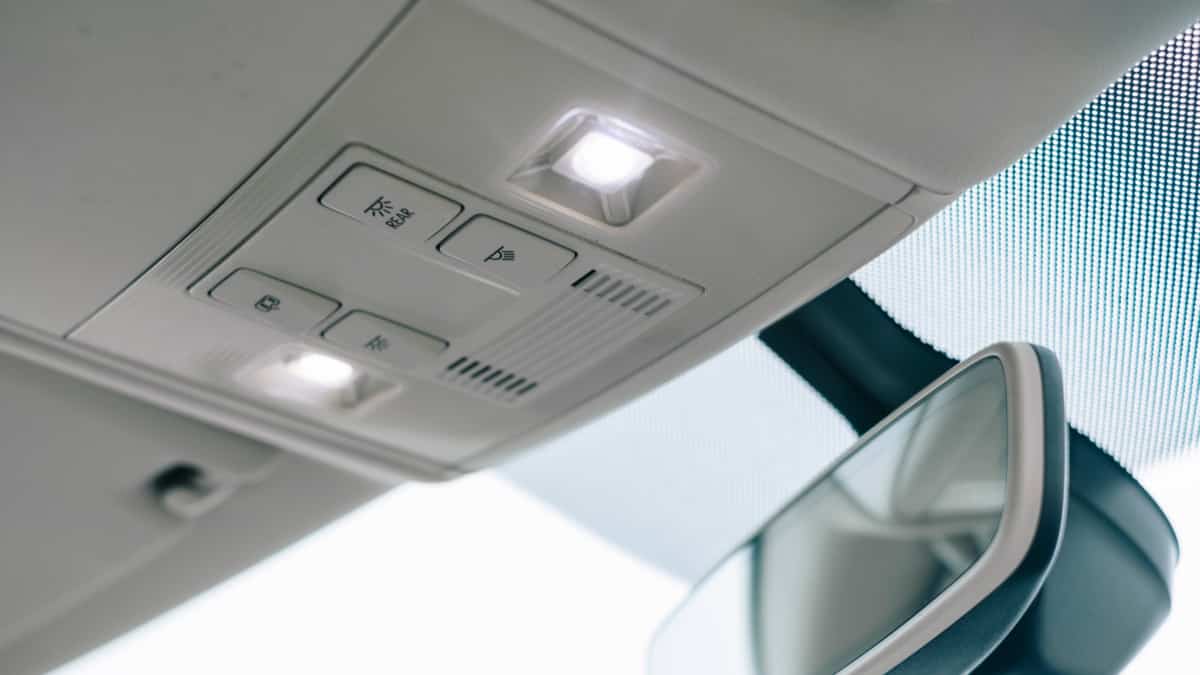Are you experiencing that annoying problem when your car shuts off while driving out of nowhere? Don’t worry, we’ll help you!
In modern vehicles, there are many sensors and functions to keep your car running smoothly. Having a basic knowledge of your vehicle can help you counteract a mechanical problem, such as your car turning off while driving. So, what can cause a car to shut off while driving?
The most common reasons a car shuts off while driving are a bad crankshaft position sensor or fuel supply problems. It can also happen due to a bad alternator, ignition lock, or an empty fuel tank. Because of the many possible causes, it is important to diagnose it properly.
Although this list gives you an idea of the most common signs, it is far from exhaustive. Here is a more detailed list of the six most common reasons why your car shuts off while driving:
6 Reasons Why A Car Shuts Off While Driving
1. Faulty Crankshaft Position Sensor

The most common reason a car dies while driving is a defective crankshaft position sensor. The crankshaft sensor is necessary for your car engine to run on most car models.
You also have a camshaft position sensor on some car models, which the car uses if the camshaft sensor is faulty. A faulty crankshaft position sensor may not cause the vehicle to stop entirely, though.
However, if your car is equipped with a crankshaft position sensor but not a camshaft sensor and you get a trouble code on it, you need to replace it.
2. Faulty Fuel Pump or Fuel Supply System
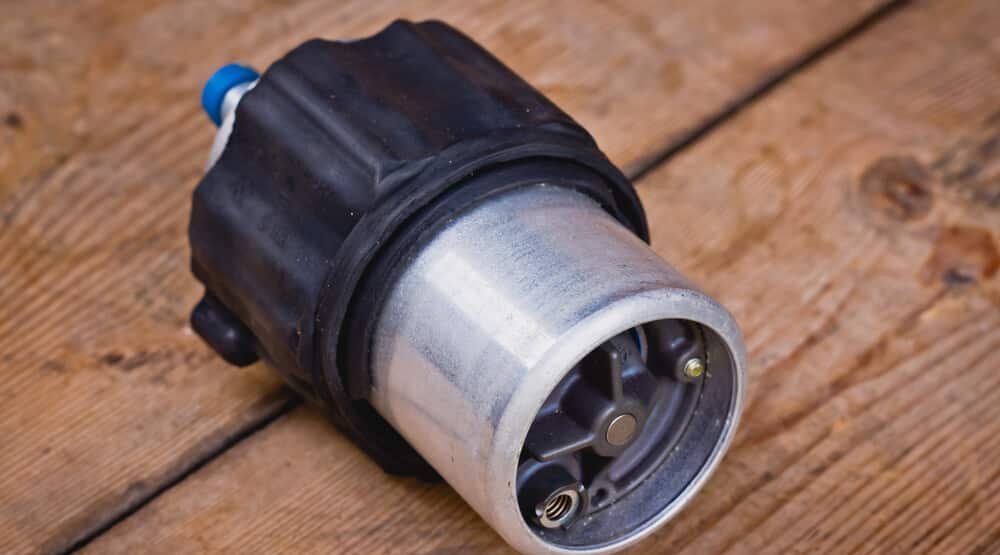
A fuel pump supplies the engine with the correct amount of fuel to the fuel injectors. If the fuel pump does not provide the right fuel to the engine, the motor will shut off, and you will be left stranded.
The bad news is there is no bypass for a faulty fuel pump; you have to fix it or buy a new one. Another reason could be that your fuel filter got clogged, so the fuel pump can’t pump fuel through it.
A fuel filter is a small component whose only job is to clean the fuel that goes into the engine. If the fuel filter is clogged, the fuel entering the system will be insufficient, and the engine will shut down. Fortunately, it is easy for you to replace a fuel filter.
Most fuel pumps are installed inside the fuel tank. A little mechanic’s secret is to give a kick with your foot or something similar on the fuel tank when the car shuts off. If the car starts then, there is most likely a problem with your fuel pump.
Be careful not to hit it with anything with an edge, though, because the fuel tanks are made of plastic, and you may make a hole in it – and that is the last thing you want to do!
If your car shuts off while driving but then restarts immediately, it can often be due to a bad fuel pump.
3. Empty Fuel Tank
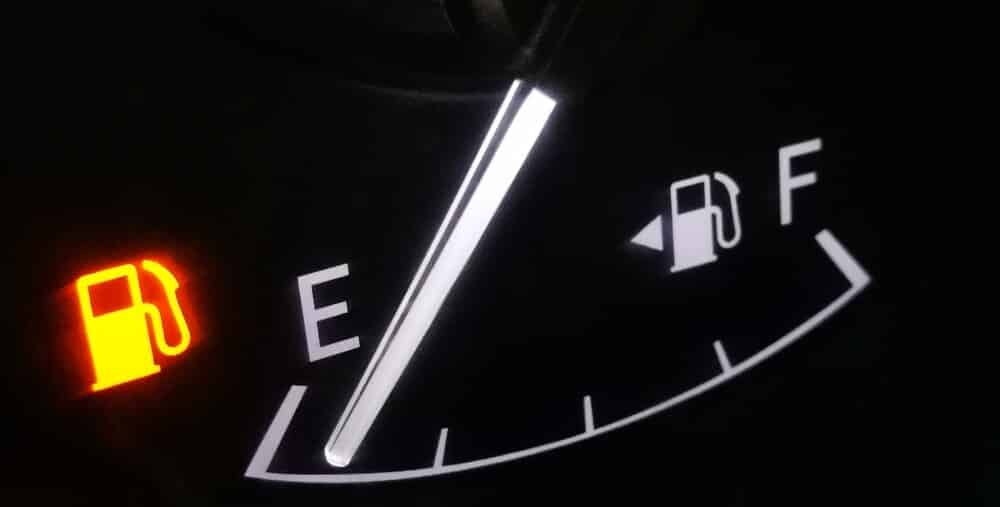
Most car owners probably know that you should check your fuel level now and then while driving.
If you have sufficient fuel for your drive, that is perfect, but if your fuel gauge or fuel level sender has gone faulty and does not show the real fuel level in your car, you could have a big problem.
An easy way to see if there is a problem with your fuel gauge or fuel level sensor is to fill 1 gallon (4 liters) of fuel to see if it starts.
4. Alternator Problems
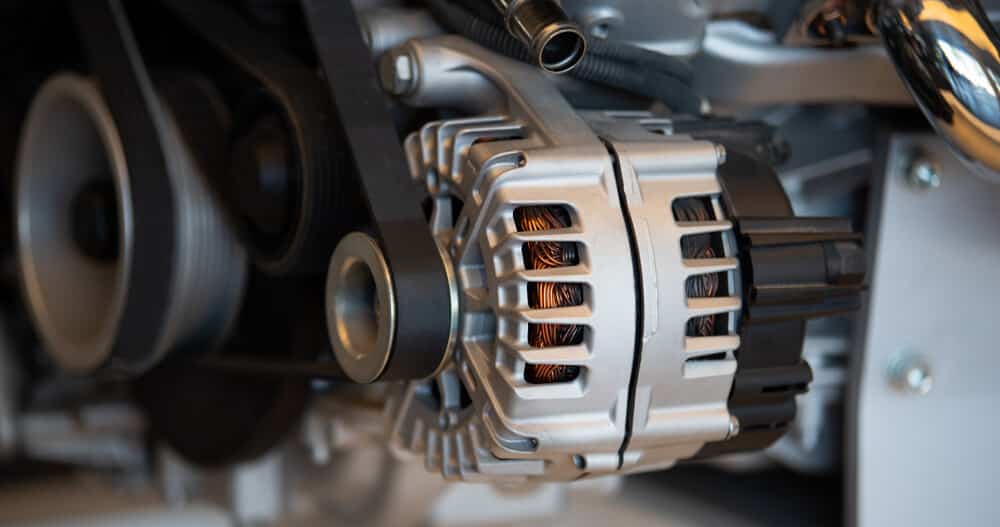
An alternator manages the supply of electricity in your vehicle. If your car suddenly stops running, the alternator may have gone bad. A faulty alternator will cut the power supply to vital car components, and you will notice the lights turning off in the dash or the engine abruptly losing power.
If your alternator is going bad, one of the main symptoms you will experience is the red battery light on your dashboard coming on now and then.
If your car still has electric power and the starter motor works after it shuts off while driving, there is another problem. In this case, the alternator is not at fault.
RELATED: 6 Symptoms of a Bad Alternator (& Replacement Cost)
5. Faulty Ignition Switch
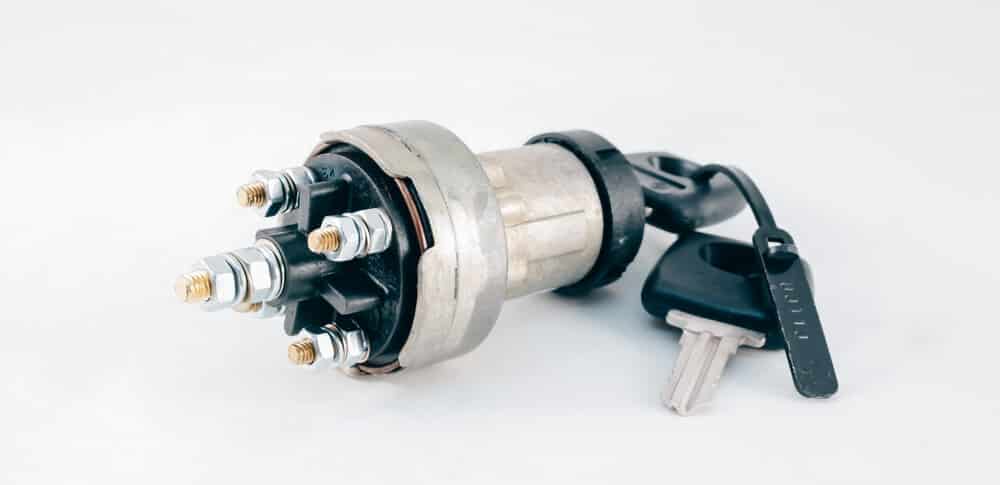
Sometimes, a faulty ignition switch can cause your car to shut off while driving. The ignition switch is located behind the ignition lock and gets turned when you turn the key to start the car.
Inside this switch, tiny metal plates can build up corrosion and rust. If this happens and one of these plates loses connection, the whole ignition will get switched off.
This will also cause the whole engine to shut off immediately. Luckily, this is easy to check. When the car shuts down, check if there are still lights/ignition lights on your dashboard. If the dashboard instrument is dead, there is a big chance of a faulty ignition switch.
6. Malfunctioning Sensors
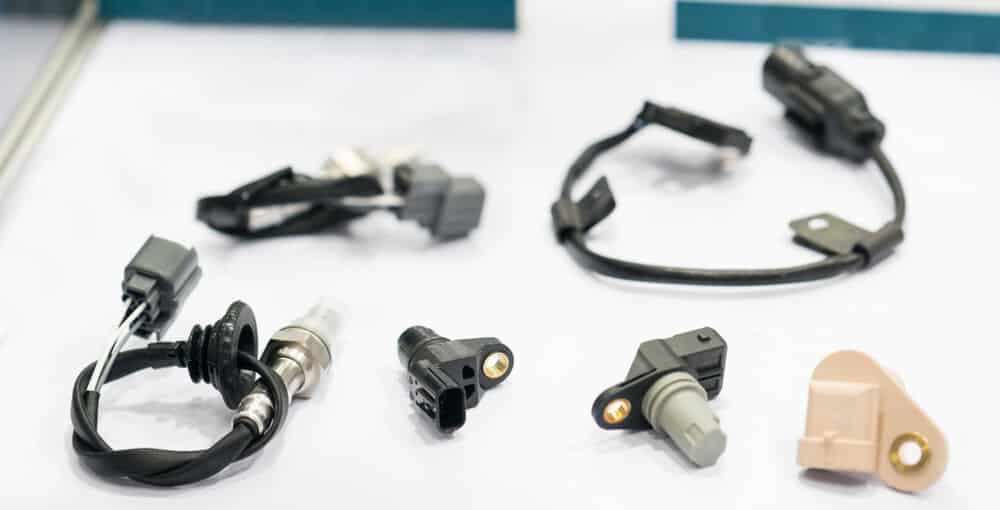
Modern cars have many sensors to optimize the air-fuel mixture for optimal fuel consumption. If one sensor fails and is off, your car engine might die altogether. If you notice that your car shuts off while driving but starts back up after, or if it shuts off when stopped at idle or when slowing down, it could be caused by a faulty engine sensor, which could cause a wrong air-fuel mixture or idle RPM.
Luckily, most of these sensors cannot shut off the engine completely. Sensors like the MAF sensor, Coolant temp sensor, and Oxygen sensor could mess with the air-fuel mixture so much that the engine would die.
How To Fix A Car That Shuts Off While Driving
If your car shuts off while driving, the first thing you should do to fix it is to check the engine control module for error codes and all sensor data. You also want to make sure there is fuel in the tank and that the alternator is charging.
Here is some more detailed information on how to fix your car shuts off while driving issue:
1. Check trouble codes
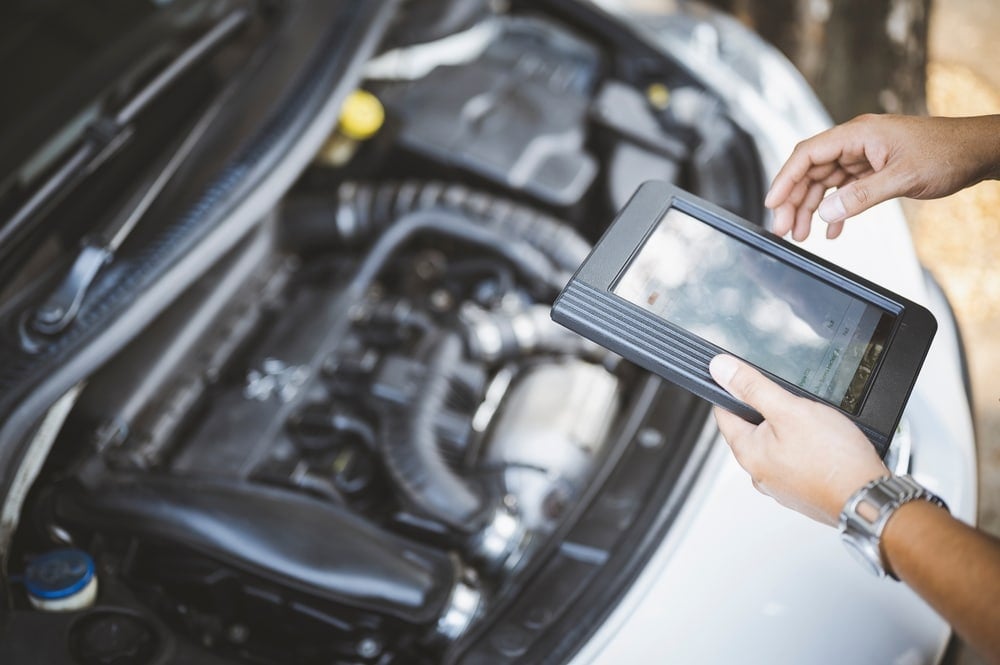
With older car models, you had to diagnose the car with a multimeter or just common sense to find a problem. Fortunately, modern cars have built-in diagnostic software that detects when there is a problem with one of the engine sensors and then stores a fault code resulting in a check engine light.
This makes diagnosis much easier, and you don’t have to waste time measuring every sensor in your car engine. You also don’t have to guess and replace the wrong parts.
So the best way to find out why your car shuts off while driving is to check these trouble codes in the engine control module and see if there is any stored issue. To read the fault codes, however, you need an OBD2 scanner. You can either buy one yourself, or you can go to a repair shop, and they will read the codes for you.
Continue troubleshooting with the information you received from the diagnostic scanner. For example if you find a misfire trouble code, it could be caused by bad spark plugs, the ignition coil, or the ignition system.
2. Check The Alternator Voltage
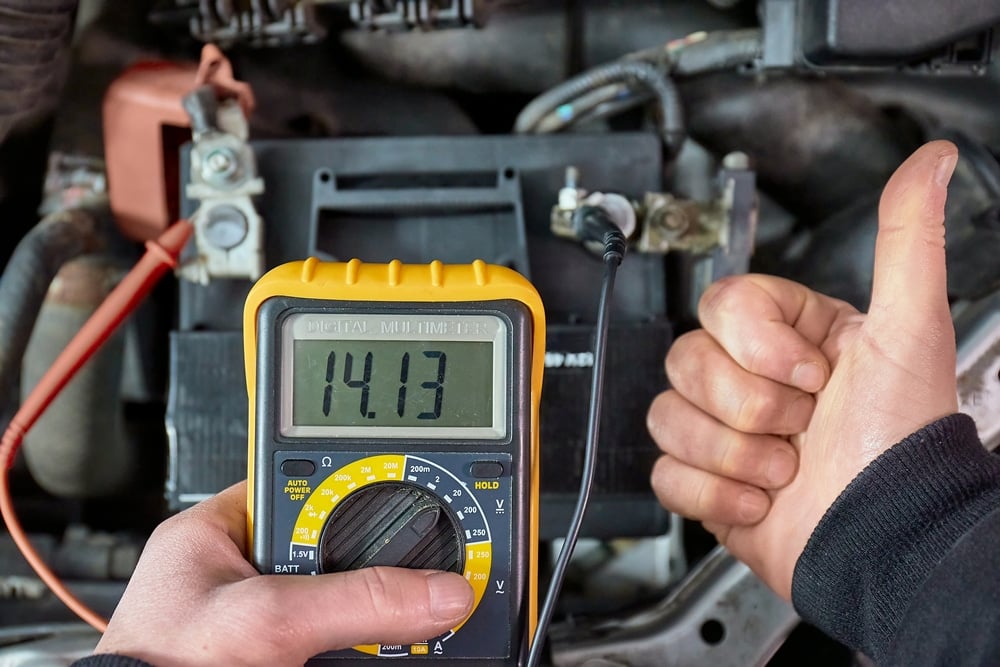
If you don’t have an OBD2 scanner or can’t find any stored trouble codes, the next thing you want to do is check the alternator voltage with the engine running.
Basically, you need to apply the emergency brakes and start the engine and measure the voltage of the car battery with a multimeter. If you get a reading below 12.5 volts, there may be a problem with your alternator or charging system.
Here is a complete guide on how to test your alternator: How to Test a Car Alternator (5 Steps)
3. Fill The Fuel Tank
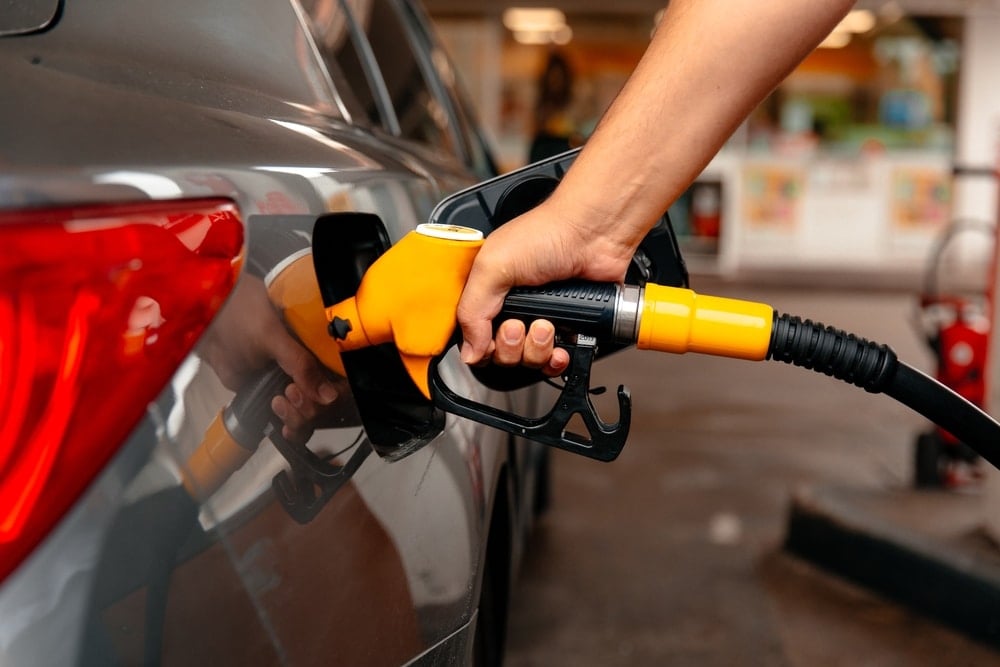
While it may seem obvious that you need to fill up the fuel tank, you may actually be low on fuel even if you don’t know it. Low fuel can cause the engine to stall when cornering at higher speeds because the fuel pump will suck air instead of fuel.
There is also a risk that the fuel gauge sensor in your tank is faulty, and your fuel level is low even though your fuel gauge says it is full. So this is definitely something you want to check by opening the fuel cap and adding a little fuel.
4. Check Fuel Pressure
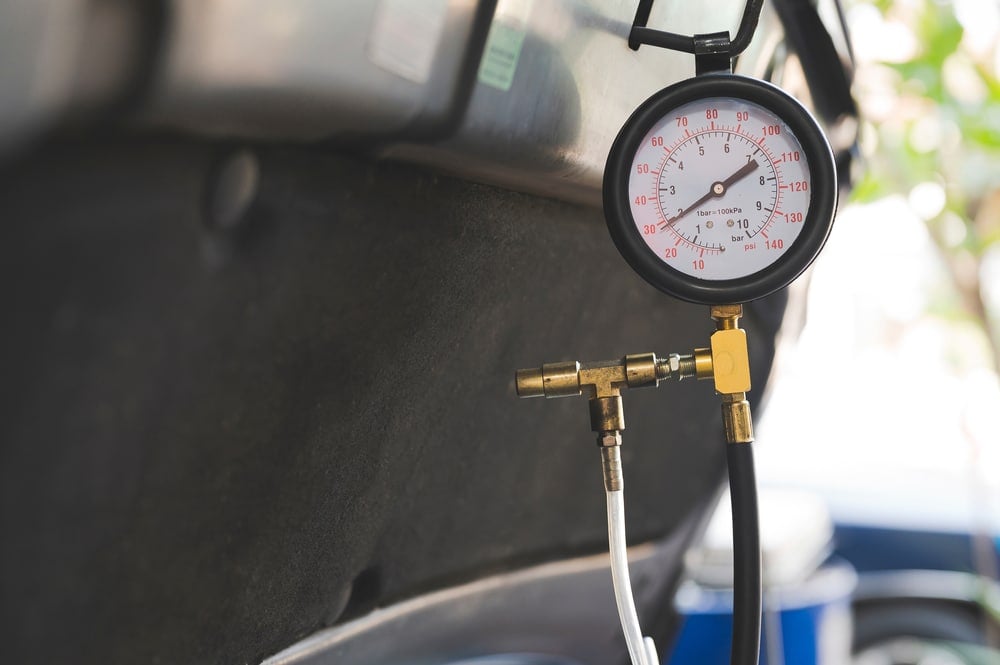
Low fuel pressure is another common issue when your car shuts off while driving, so you’ll want to check the fuel pressure in your car. The best way to check fuel pressure is to connect a manual pressure gauge to the fuel rail or line.
You can also use a diagnostic scanner to measure the pressure from the vehicle’s pressure sensor if there is one, but there is always a risk that this sensor is bad. Check the fuel pressure specifications for your car, and if you notice that the fuel pressure is low, you need to inspect the fuel filter, fuel pump and fuel pressure regulator.
RELATED: 7 Symptoms of Low Fuel Pressure (& 6 Common Causes)
5. Inspect The Tachometer
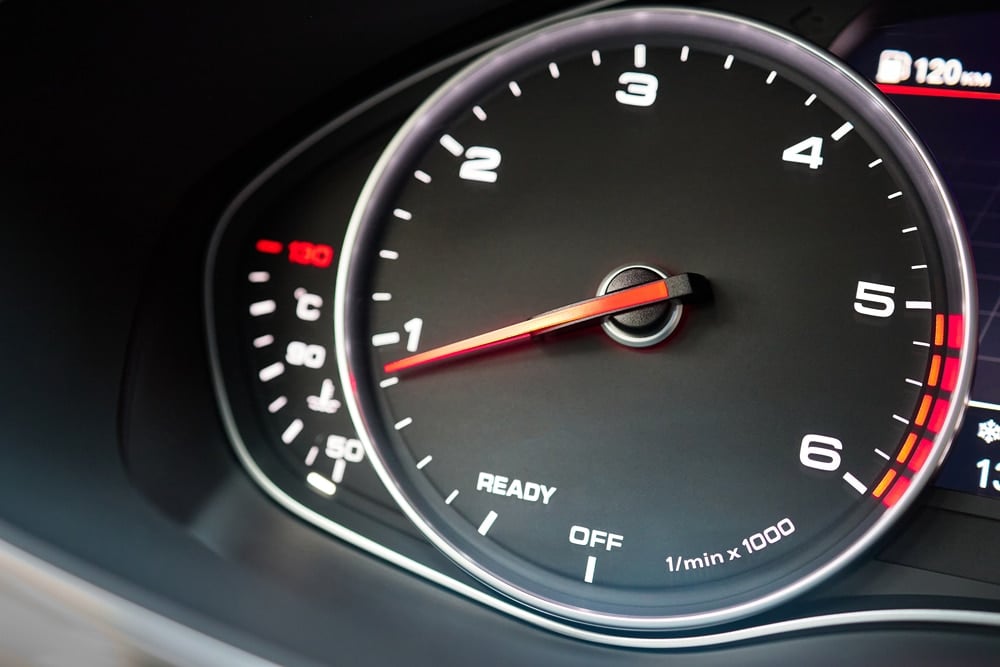
The RPM meter or so-called tachometer on your dashboard receives the information from the crankshaft position sensor in most car models.
If you notice that your tachometer does not work when your car shuts off while driving, or if it does not move when you start the engine, it could mean that there is a problem with the crankshaft position sensor or camshaft position sensor.
6. Check The Dashboard
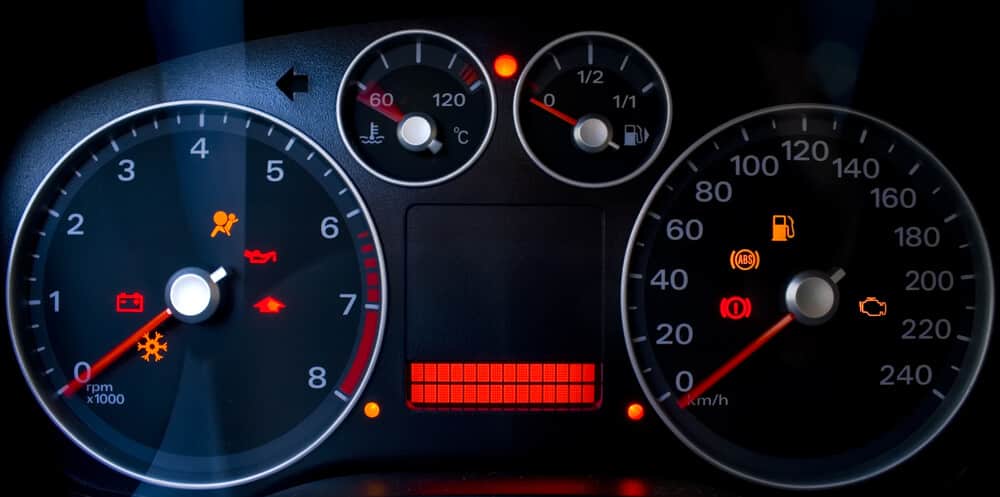
The next thing you want to check is the lights on your dashboard when your car shuts off. If you notice that the lights on the dashboard turn off when the car engine shuts off, this may indicate a problem with the ignition switch.
But it can also be caused by low battery voltage due to a bad alternator as we discussed earlier. If that’s the case, you definitely want to inspect both of these things.
7. Check Sensor Data
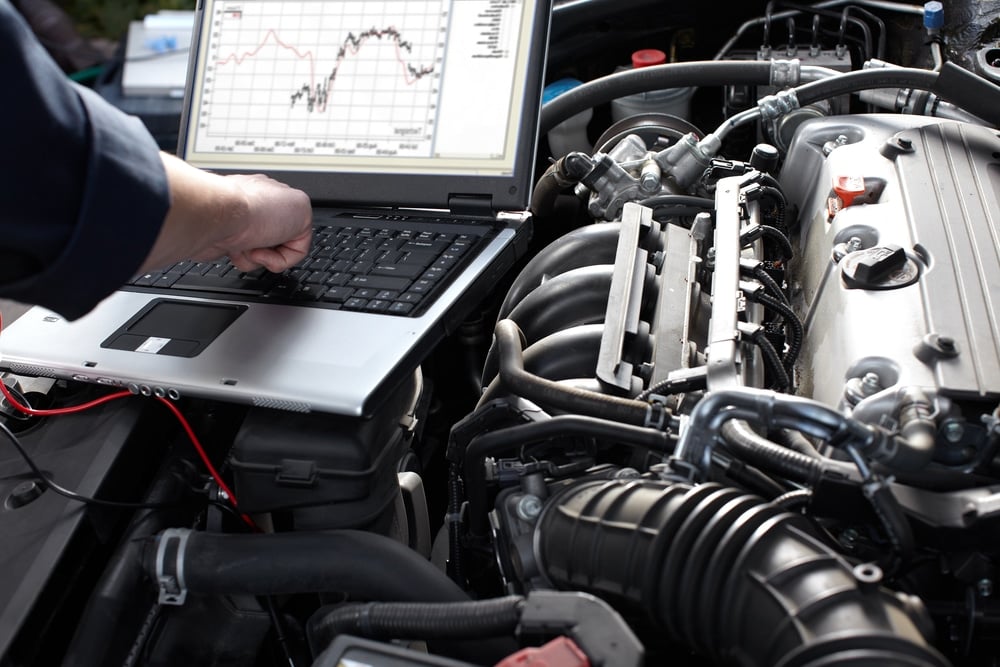
If you cannot find any error codes stored in the ECU, but still have a problem with your car, you need to check data from all car engine sensors with an On-Board Diagnostic Test.
To check this data, you need a diagnostic tool compatible with your car’s engine control module. It can also be quite difficult to know what readings these sensors are supposed to give, so you will first need to obtain a repair manual or the specifications of your vehicle.
8. Talk To A Professional
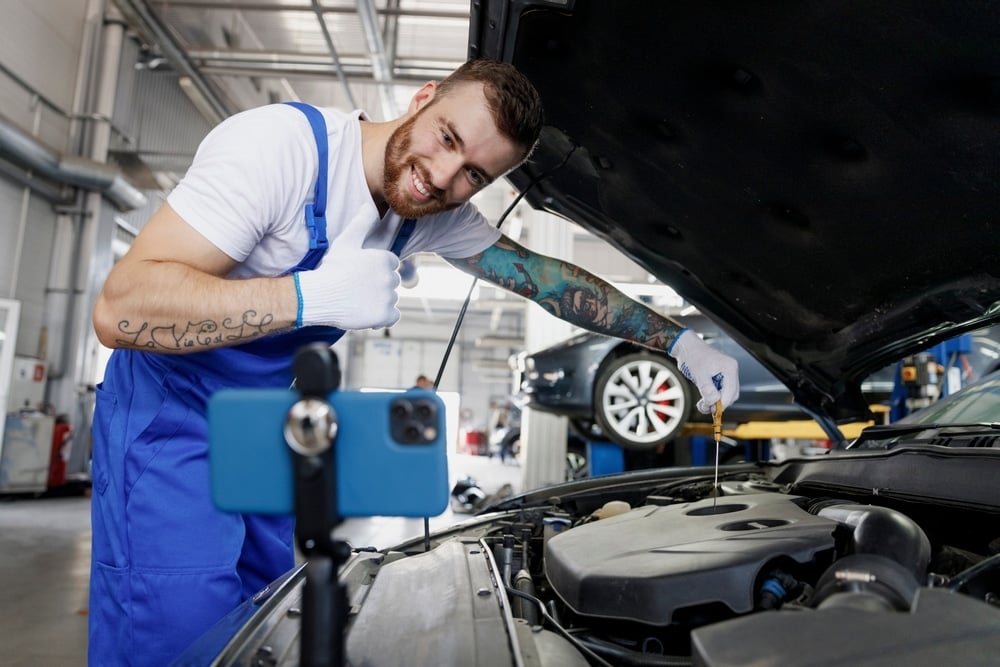
If you’ve tried everything above but your car still shuts off while driving, it may be wise to seek the help of a professional. Although it may cost a lot of money, it may be wise to get help from someone who has dealt with this issue many times before.
It’s also not certain that it will be more expensive to have a mechanic take a look at it, if he can locate the problem quickly and accurately instead of replacing the wrong parts.
Can low oil cause a car to shut off?
Low engine oil levels do not usually cause your car to shut off while driving. But if it’s so low that your oil pressure is getting low, the car may turn off the engine for safety reasons. However, this is often only in newer cars.
Can a bad battery cause a car to shut off while driving?
A bad car battery rarely causes the engine to shut down because the alternator provides the power required. There may be a short circuit in the car battery in some rare cases. This will cause the car to shut down.
Why does my car keep cutting off when I stop?
If your car shuts off after you stop, the engine is very sensitive at idle. This can be caused by many things, but is usually caused by a lean fuel mixture, causing the idle RPM to drop too low. A faulty throttle body can also cause this.
Why did my car shut off while driving and won’t start?
If your car shuts off while driving and it won’t start, it is often caused by a faulty alternator or low fuel pressure caused by the fuel pump. However, many things can cause it, and it needs to be diagnosed with a diagnostic scanner.
When your car shuts off while driving at the side of the road, it can be really annoying, as the problem can sometimes be hard to pinpoint. Fortunately, modern cars have built-in diagnostic systems that can be used to find out what is wrong with your car. Therefore, you should always start by reading the error codes with a diagnostic tool before diagnosing your car further.
I hope this guide helped you with your car problem, and if you went through this article carefully, I’m sure you should find a solution for your car.
Learn more:
- Why Is My Car Engine Sputtering? (& How to Fix it)
- Car Shakes At Idle But Smooths Out While Driving – Causes & Fixes
- 5 Symptoms of a Bad Fuel Pump Relay (& Replacement Cost)
Tags: sticky
Categories: Driving, Troubleshooting
